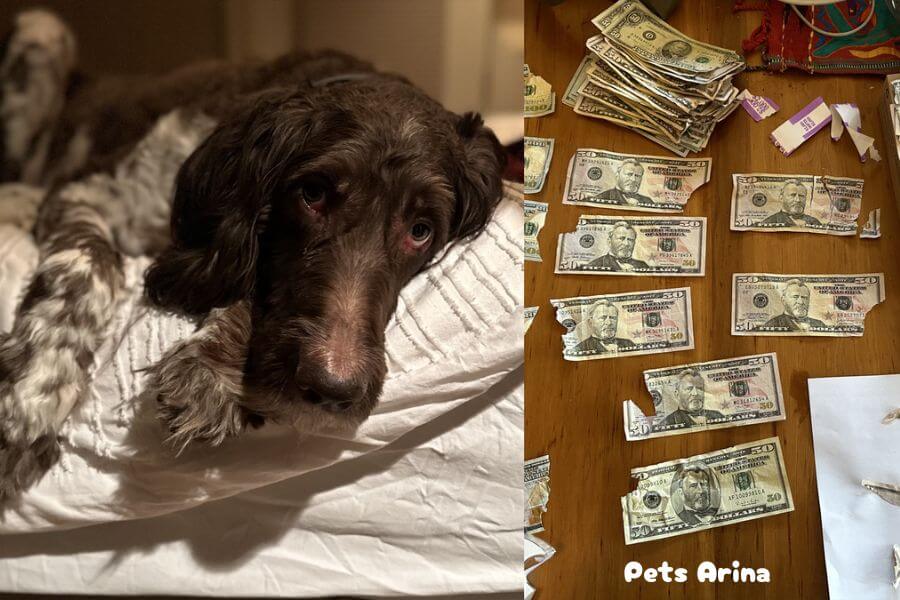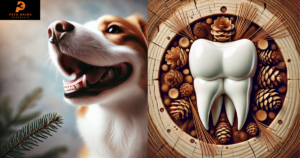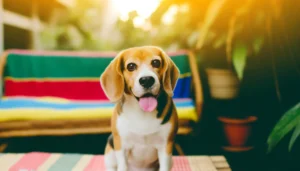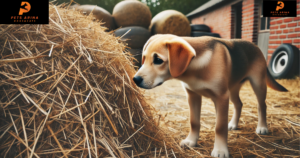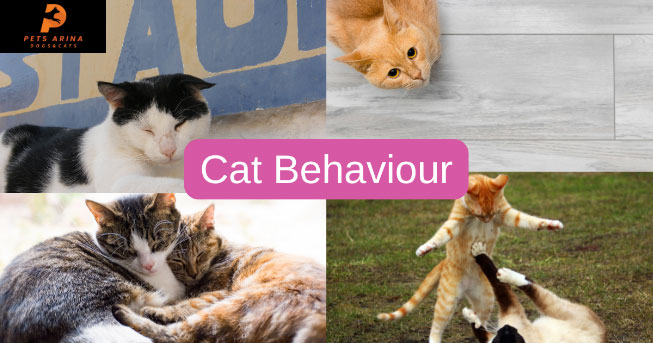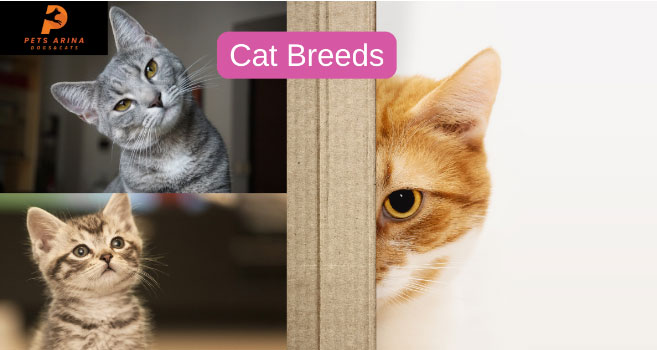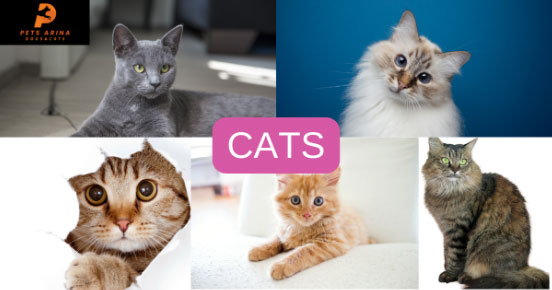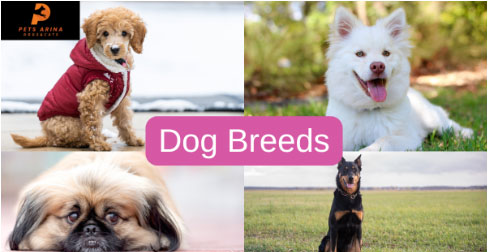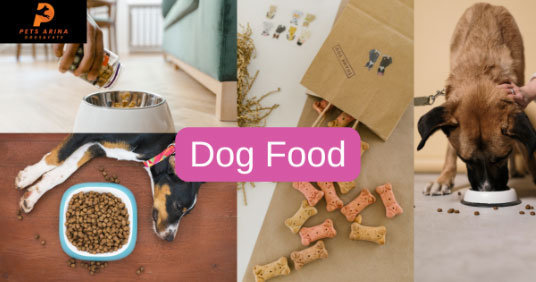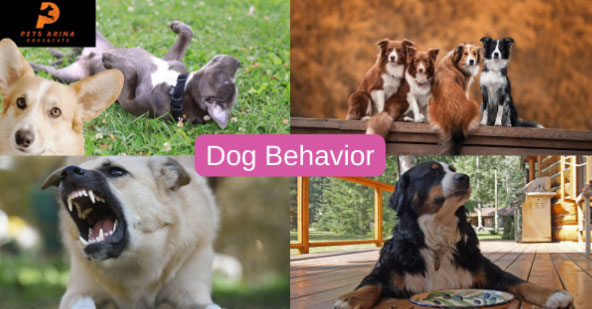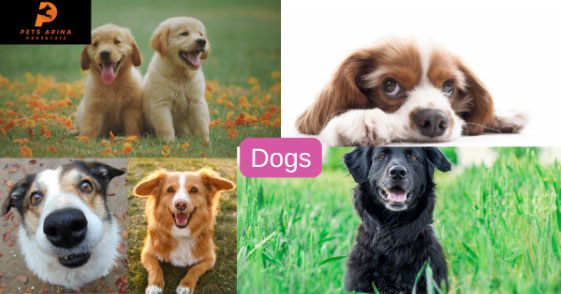Dogs are often known for their playful behavior and curious nature. Sometimes, this curiosity can lead to a variety of misadventures that might seem unusual, even perplexing. One such incident that many dog owners may find both amusing and concerning is when a dog consumes something it shouldn’t—such as money. The phrase “Cecil dog ate money” has captured the attention of pet owners and animal lovers alike. But what exactly does it mean, and what should you do if your dog swallows money? This article explores the curious case of “Cecil Dog Ate Money” and provides useful tips for dog owners.
What Happens When Dogs Eat Money?
Before diving into the specific case of “Cecil Dog Ate Money,” it’s important to understand the general scenario of dogs ingesting non-food items. This behavior, known as pica, is relatively common in some dogs, where they chew or swallow objects that are not food. This can include paper, plastic, metal, or even money.
When a dog eats money, it could be for several reasons, including curiosity, boredom, or a compulsion to chew. For the most part, money is made from durable materials such as paper or polymer, but it can still pose health risks if ingested, especially if the dog eats a significant amount or if the money contains dangerous chemicals or materials.
Common Reasons Dogs Eat Money
- Curiosity: Dogs, especially puppies, tend to put things in their mouths to explore their world. Money, being a small, easy-to-chew object, can easily catch their attention.
- Boredom: Dogs who are left alone for long periods of time might engage in destructive behaviors such as chewing on household items, including money.
- Attention-Seeking Behavior: Some dogs learn that chewing on or eating something they shouldn’t will get them attention from their owners, even if it’s negative attention.
- Stress and Anxiety: Dogs suffering from separation anxiety or other stress-related conditions may engage in behaviors like eating money to relieve their discomfort.
- Hunger or Dietary Deficiency: If a dog has an imbalanced diet or nutritional deficiencies, it might eat unusual objects in an attempt to fulfill its dietary needs.
Health Risks of Dogs Eating Money
Although money might not seem like an immediate health threat, it can present several risks to a dog’s health:
- Blockage in the Digestive System: If a dog swallows a significant amount of money or a large note, it can cause a blockage in the intestines, which may require surgery to remove.
- Choking Hazards: If the dog tries to chew on money and it gets stuck in their throat, it could cause choking, which is a medical emergency.
- Toxicity from Inks and Chemicals: Some types of currency, especially older bills or certain coins, may contain traces of ink or chemicals that could be harmful to the dog.
- Indigestion or Upset Stomach: Even if the money passes through the dog’s system without causing a blockage, it may still lead to digestive issues, including vomiting or diarrhea.
- Damage to Teeth and Gums: If a dog is chewing on a coin or a folded note, it could damage its teeth or gums, especially if the money is made from a hard material.
See also: Can Fleas Kill Newborn Puppies
The Case of “Cecil Dog Ate Money”
The phrase “Cecil dog ate money” has gained some attention, particularly in online communities and social media. While it may sound like a specific incident or a viral story, it is a more general reference to dogs that engage in this odd behavior of eating money.
“Cecil” in this case could either refer to a fictional dog or a real dog whose owner experienced this scenario. Regardless of whether Cecil is a real dog or just a metaphor for the typical dog in this situation, the underlying message is about how common and peculiar this behavior can be.
The Viral Incident of Cecil
The viral nature of the “Cecil dog ate money” phrase could be tied to a popular story or a humorous incident that spread quickly across the internet. It’s not uncommon for unusual pet behaviors to go viral, especially if they involve something as unexpected as a dog eating money. In such stories, the humor often comes from the absurdity of the situation, with dog owners recounting their shock and frustration as they realize their pet has consumed a valuable or irreplaceable item.
The incident of Cecil eating money may have triggered discussions about how owners can prevent their dogs from chewing on money, what they should do if their dog swallows money, and how to ensure that the dog’s safety is not compromised.
What to Do If Your Dog Eats Money
If you ever find yourself in the unfortunate situation of your dog consuming money, there are several steps you should take to ensure their health and well-being. Here is a guide on what to do if your dog eats money:
Step 1: Remain Calm
It’s easy to panic when your dog eats something dangerous, but staying calm is crucial. Panicking may not help the situation, and it could even make your dog more anxious. Take a deep breath and try to assess the situation carefully.
Step 2: Check the Amount and Type of Money
Try to figure out how much money your dog has eaten and whether it’s a coin, paper note, or polymer bill. A small coin or paper note might pass through the dog’s system without causing serious issues, but if the money is a larger bill or multiple coins, you may need to seek medical attention.
Step 3: Monitor for Symptoms
After the incident, keep a close eye on your dog. Watch for signs of distress, such as vomiting, diarrhea, loss of appetite, lethargy, or abdominal pain. These could indicate that the money is causing blockages, toxicity, or other complications.
Step 4: Contact Your Veterinarian
If you are concerned about your dog’s health or if they exhibit any symptoms mentioned above, contact your veterinarian immediately. Your vet will be able to assess the situation and advise you on the best course of action.
Step 5: Follow Your Vet’s Instructions
Your veterinarian may recommend several options, including X-rays to detect any blockages, or they may suggest inducing vomiting if the ingestion was recent. In severe cases, surgery may be necessary to remove the object from the dog’s digestive system.
Step 6: Prevent Future Incidents
Once your dog has recovered, it’s important to take steps to prevent similar incidents in the future. You may need to:
- Keep money out of reach: Store your money in a safe place that your dog cannot access.
- Provide chew toys: Offer your dog appropriate chew toys to satisfy its chewing needs.
- Increase exercise and mental stimulation: Engage your dog in physical and mental activities to reduce boredom.
See also: Safe Mulch for Dogs
FAQs About Dogs Eating Money
How Can I Tell If My Dog Swallowed Money?
If your dog has eaten money, it may exhibit signs such as vomiting, choking, or discomfort. Look for any items missing from your wallet, purse, or countertop to confirm if money is missing. If your dog shows any symptoms like abdominal bloating or distress, contact a vet.
Is It Dangerous for a Dog to Eat Money?
Yes, it can be dangerous for a dog to eat money. It could cause choking, digestive blockages, or even toxicity depending on the materials used in the money. If you suspect your dog has eaten money, it’s important to monitor them closely and consult a veterinarian.
Can My Dog Digest Paper Money?
While paper money is not typically toxic, it’s not easily digestible. It can cause blockages in the intestines if eaten in large quantities. The best course of action is to consult with your vet immediately if your dog swallows money.
What Should I Do If My Dog Eats a Coin?
If your dog eats a coin, it could be a choking hazard or cause a blockage. Do not try to induce vomiting unless instructed by a vet. Take your dog to the vet for an X-ray and proper treatment.
How Do I Prevent My Dog from Eating Money?
To prevent your dog from eating money, keep wallets, purses, and any cash stored securely out of their reach. Provide your dog with safe chew toys and ensure they get enough physical and mental stimulation to reduce boredom.
Final Words
The tale of “Cecil dog ate money” serves as a reminder of how curious and sometimes mischievous dogs can be. While the situation may be frustrating and concerning for pet owners, understanding the risks and taking immediate action can help ensure that your dog stays healthy. Always stay vigilant about what your dog has access to, and make sure to provide them with the appropriate outlets for their curiosity and chewing needs.

